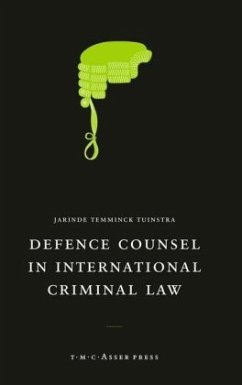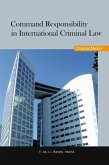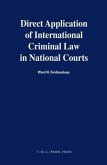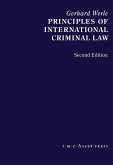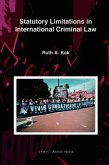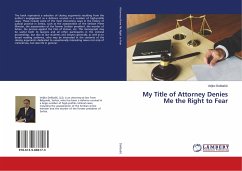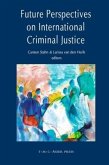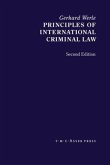without payment when lacking f nancial means in the ICTY Statute, following the lead of the Nuremberg Statute. T e 'Rules of Procedure and Evidence' (RPE) of the ICTY and the International Criminal Tribunal for Rwanda (ICTR) that were adopted by the judges contained more detailed regulations on the defence. T ese provisions were soon extensively amended and extended, for instance, as a result of the experiences in the f rst ICTY case, Tadi?. T e current ICTY RPE require counsel to be a member of an 'association of counsel practicing at the Tribunal recognized by the Registrar'. T ey also provide for an 'Advisory Panel', a 'Directive on the Assignment of Defence Counsel adopted by the Registrar' and a 'Code of Professional Conduct for Defence Counsel appearing before the International Tribunal'. T e current generation of international criminal courts generally require defence counsel to meet particular qualif cation requirements. Before the ICTY and the ICTR, both defence attorneys qualif ed in domestic courts and lawyers who are university professors, whatever their f eld may be, are eligible to become defence counsel. On a national level however, even where highly complex and specialist f elds, like envir- mental criminal law, or tax law are concerned, no additional qualif cation requi- ments apply to defence counsel.
Hinweis: Dieser Artikel kann nur an eine deutsche Lieferadresse ausgeliefert werden.
Hinweis: Dieser Artikel kann nur an eine deutsche Lieferadresse ausgeliefert werden.
From the reviews:
"Jarinde Temminck ... makes an important contribution to the debate over the role of defence counsel in international criminal law. ... International defence counsel, as well as people interested in and responsible for the development of policy at the international criminal bodies, should read this book. ... This book shows that the ICC and the international criminal law regime as a whole should strive to set a higher standard to assist the efforts of defence counsel as advocates for those accused of extraordinary crimes." (Scott T. Johnson, Journal of International Criminal Justice, May, 2012)
"Jarinde Temminck ... makes an important contribution to the debate over the role of defence counsel in international criminal law. ... International defence counsel, as well as people interested in and responsible for the development of policy at the international criminal bodies, should read this book. ... This book shows that the ICC and the international criminal law regime as a whole should strive to set a higher standard to assist the efforts of defence counsel as advocates for those accused of extraordinary crimes." (Scott T. Johnson, Journal of International Criminal Justice, May, 2012)

